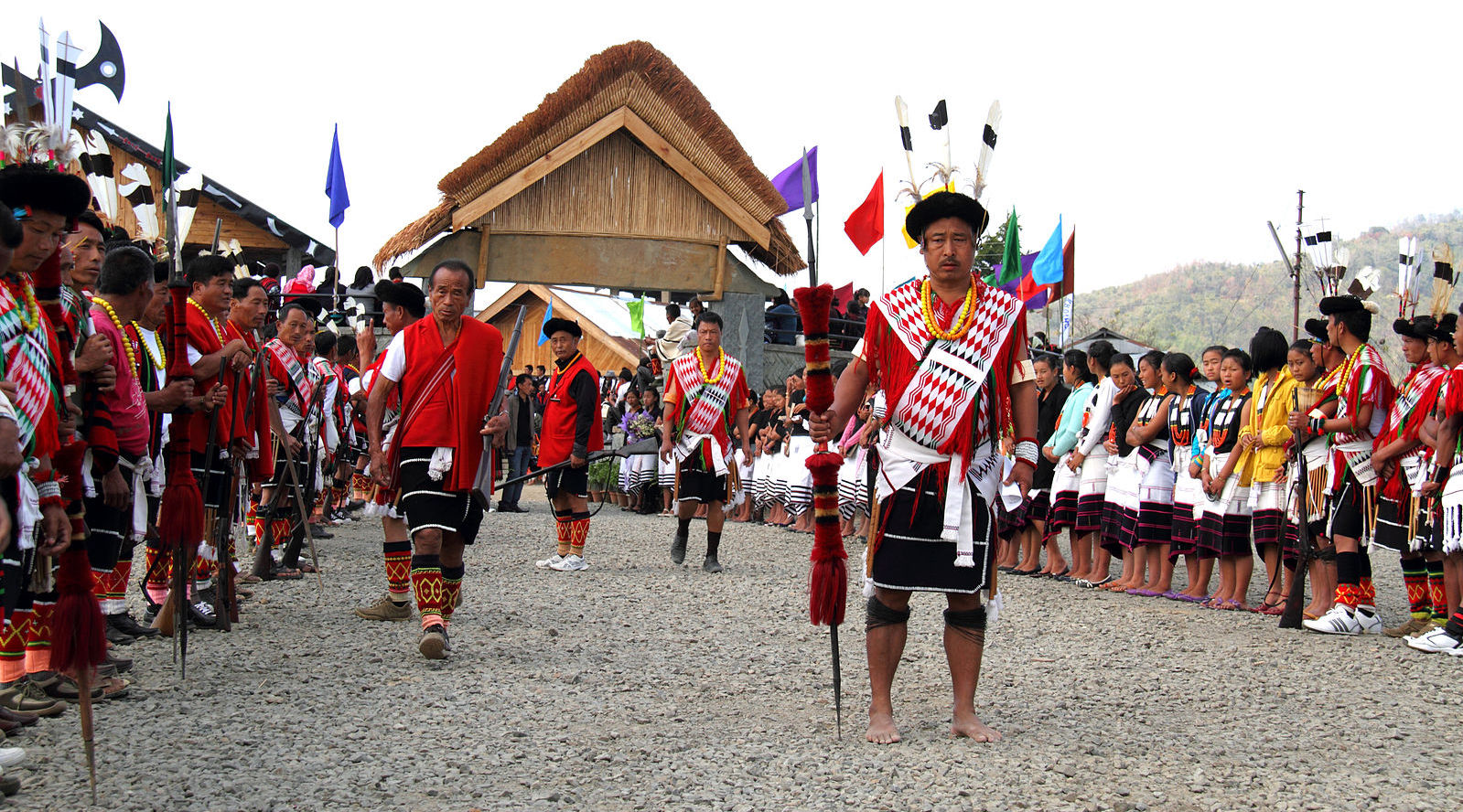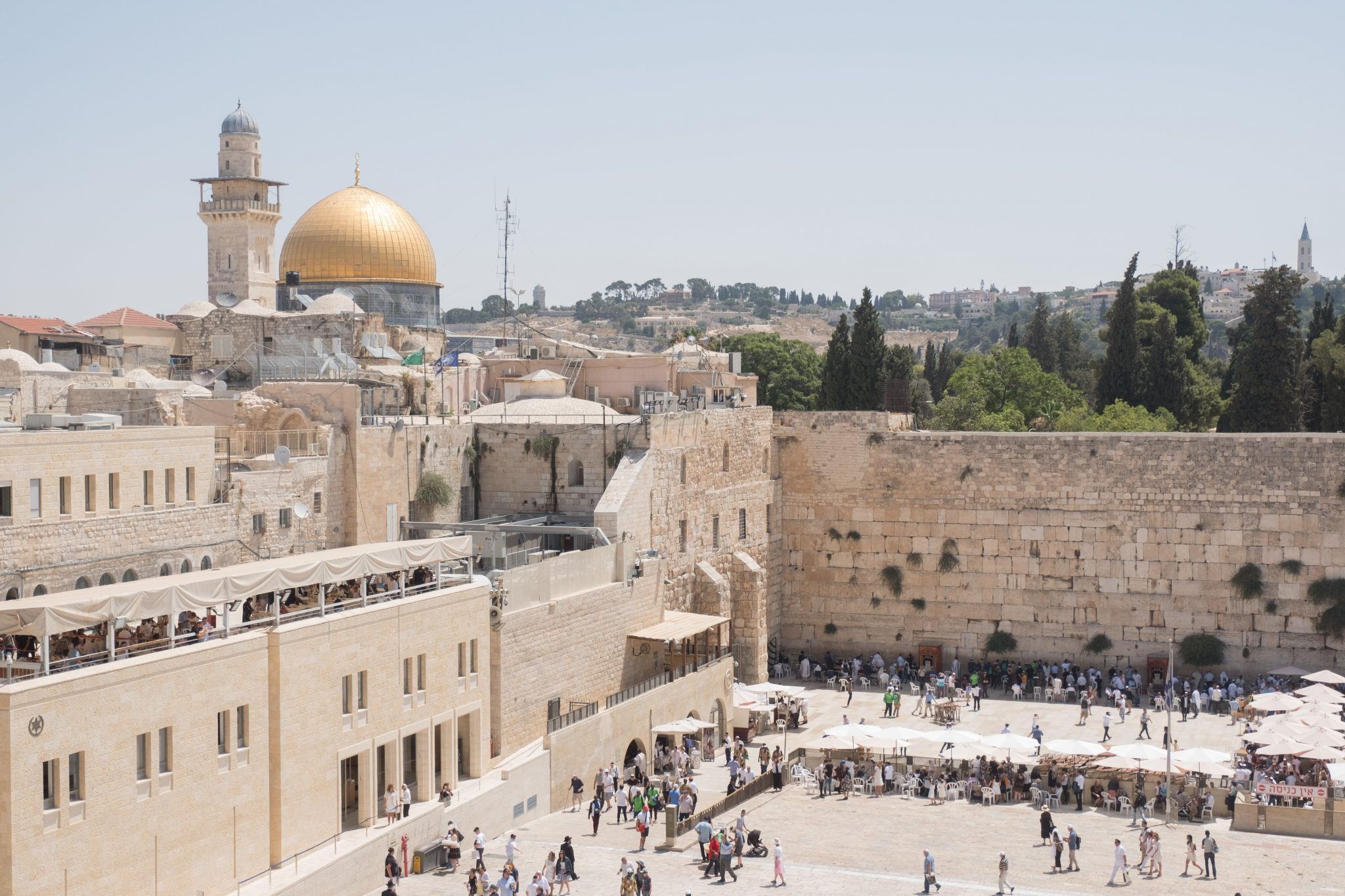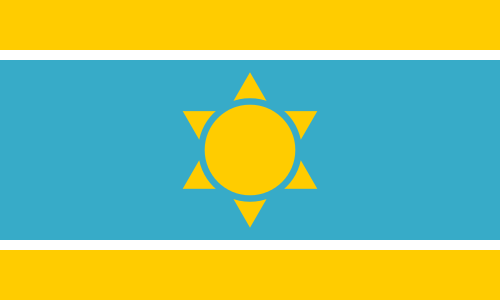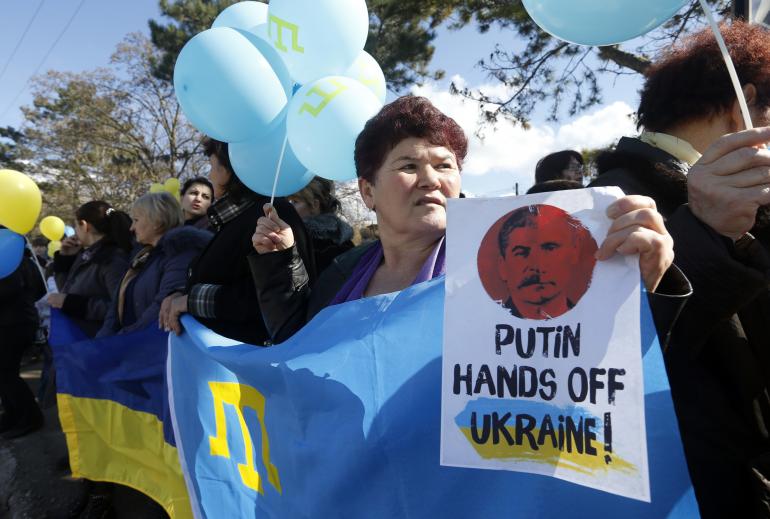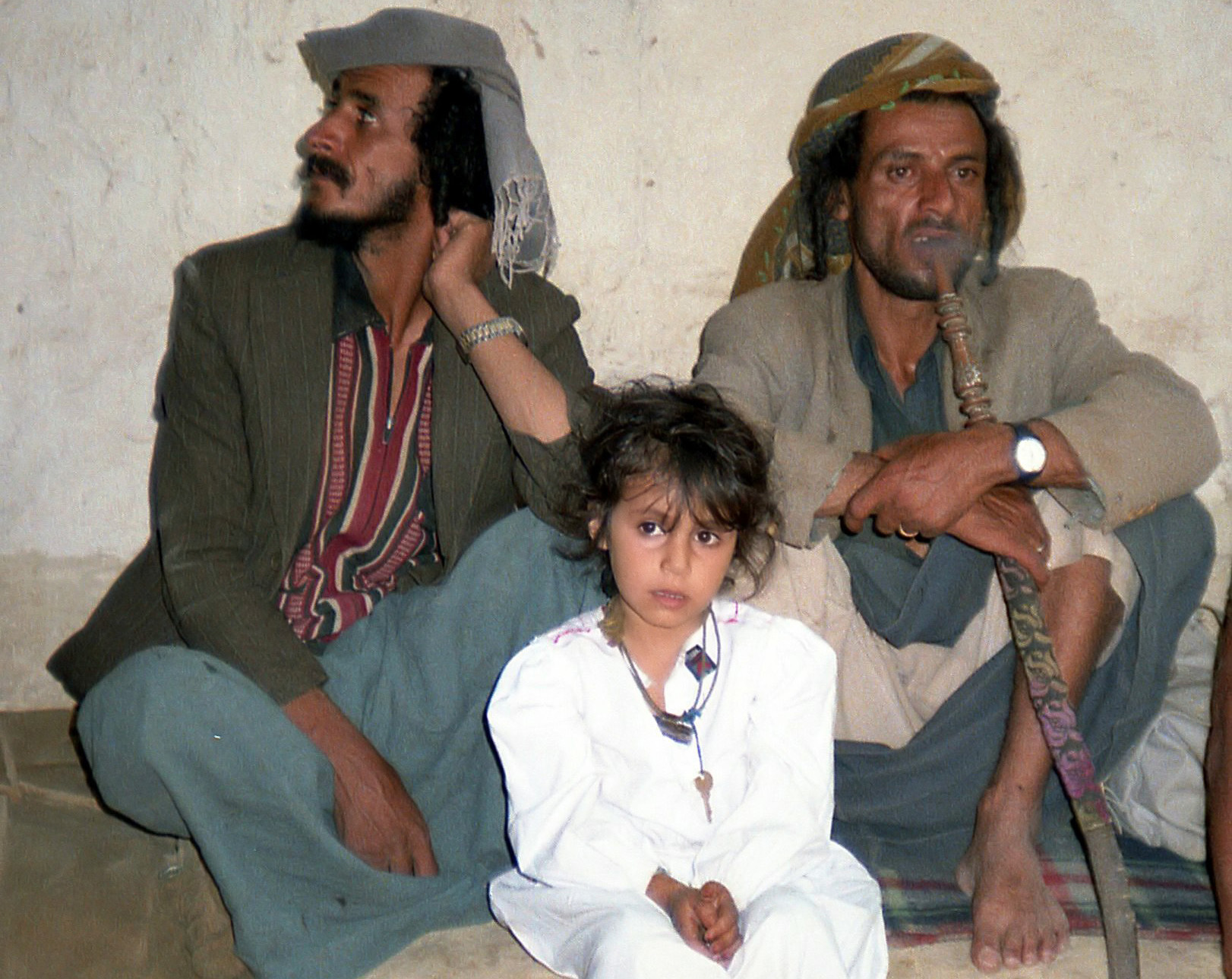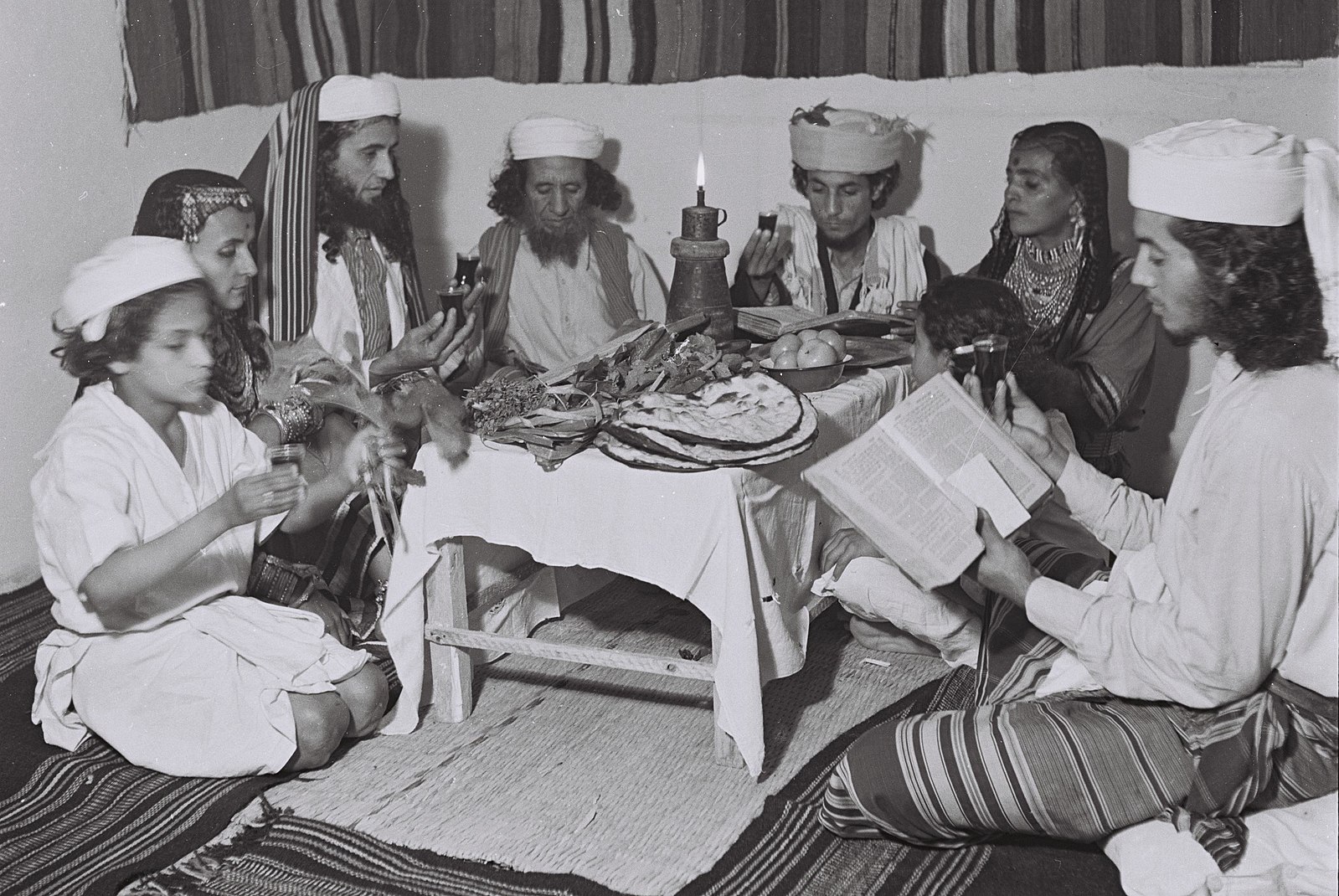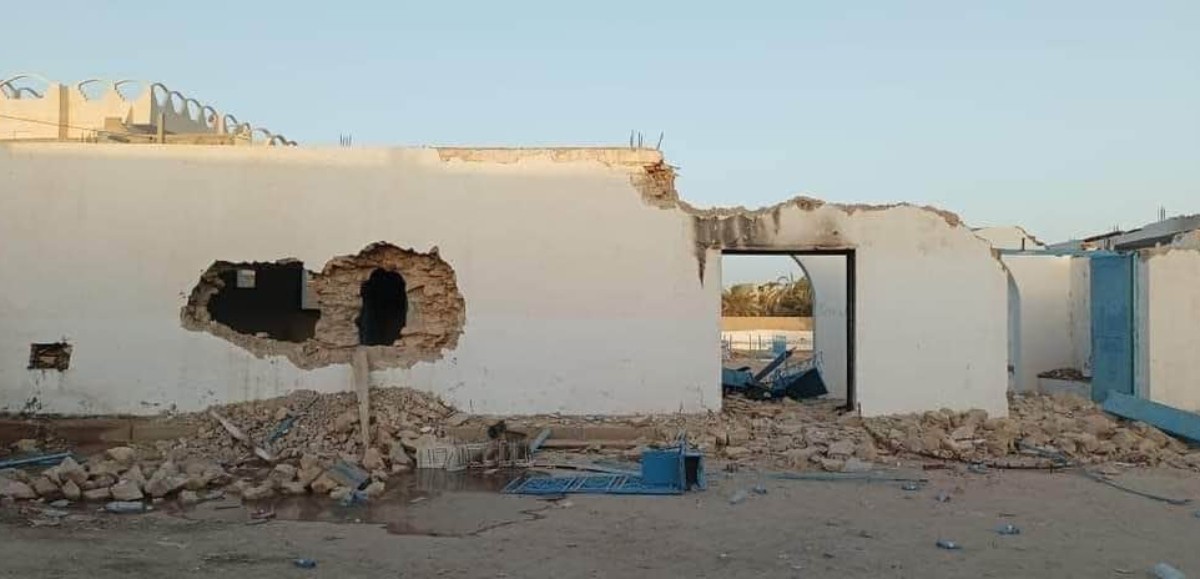
Synagogues attacked in Germany, Tunisia
Unknown assailants targeted a Berlin synagogue with Molotov cocktails, while rioters in Tunisia burned down the country’s historic El Hamma synagogue. There was no significant property damage at the Kahal Adass Jisroel synagogue in Berlin, but El Hamma in the Tunisian city of Gabes was effectively destroyed. Although El Hamma no longer functioned as a house of worship, it held major symbolic significance for Tunisian Jews, who are still shaken from a May shooting at the Ghriba Synagogue in Djerba, the oldest in Africa. (Photo showing damage to Tomb of Rabbi Yousef al-Maarabi at El Hamma synagogue via RadioJ)





